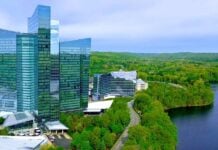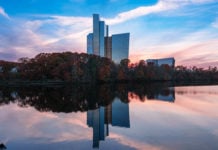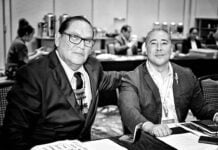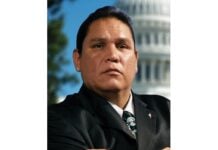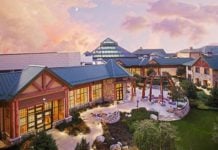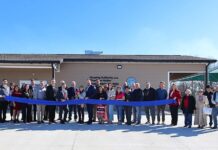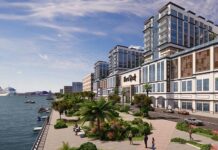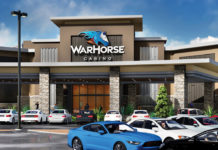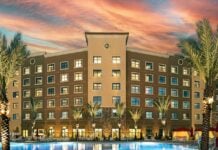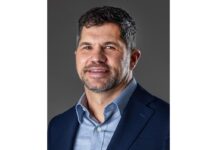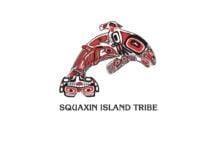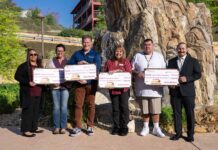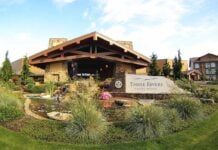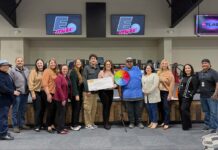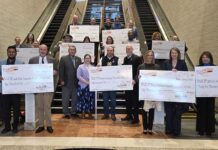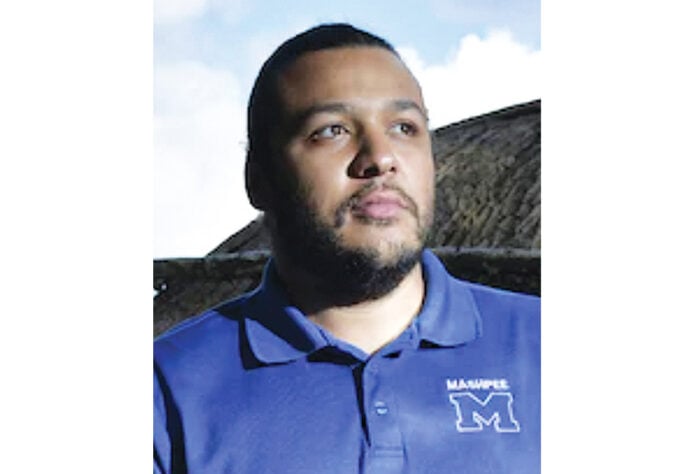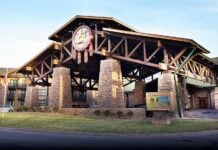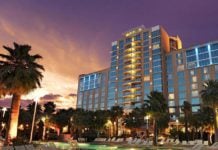Brian Weeden, Chairman
Mashpee Wampanoag Tribe
First Light Casino – East Taunton, MA
firstlighttaunton.com / mashpeewampanoagtribe-nsn.gov
RESILIENCE: Economic development and cultural resilience are two points that must move on parallel tracks. We cannot achieve economic development at the sacrifice of our culture. It’s likely one of the reasons that our petition for federal recognition languished for over 40 years. It’s also something that I’m grateful to our ancestors for. We have retained our ability to live on our land in a way that strengthens our tribal body.
It’s now our task to honor the strength and resilience of past leaders as we look to build a strong tribal economy. Our current administration understands the work that lies ahead as we build housing, educational programs, healthcare, and a culturally relevant economy. This idea of a culturally relevant economy isn’t necessarily new – past generations of Wampanoag tribal members owned restaurants, construction companies, had an inn visited by President Grover Cleveland, a broom factory, trading posts, and many other businesses. We were a self-sustaining tribal community with the ability to live on our land in a way that sustained our culture. That is what we need to get back to, and what I mean by a culturally relevant economy.
Today, we see the need to reinforce these ideas in our education programs that immerse our youth in our traditional language. Language is the key to self-pride and remembering the great line of leaders that we come from. We also see a need to bring back affordable housing in our reservation lands. Many of the tribal businesses from previous generations closed as land and housing became unaffordable in our homeland. We opened our housing development a few years ago and recently purchased a motel we are refurbishing for additional housing. Education and housing ensure we have skilled tribal members to move our culturally relevant economy forward. We also need to create the framework for tribal businesses to grow. These include businesses that are managed by our tribal government, including our First Light Oyster Farm and First Light Casino, and creating opportunities for tribal citizens to open businesses that serve our tribal government. The laws we’ve established through TERO allow businesses within our community to grow and prosper. When all these initiatives move on a parallel track, we can realize a self-sustaining tribal economy with the freedom to preserve our culture.
GAMING: Our primary area of focus this year is to build a foundation for a gaming and entertainment venue that adds value to our neighbors, provides quality career opportunities and allows us a platform to celebrate our culture. It’s important that whatever we build has the ability to succeed and be sustainable for many, many years. There’s certainly more competition in Massachusetts since we first looked at opening a casino in 2016, and we want to ensure our gaming and entertainment provide something unique for the region. We want to give Southeastern Massachusetts an opportunity to immerse themselves in a venue that looks, feels and sounds like an Eastern Woodlands Tribe. We’ve given everyone a glimpse of this with a Welcome Center that we opened in January of this year and look to keep that cultural relevance top of mind as we plan for what’s next for First Light Casino.


